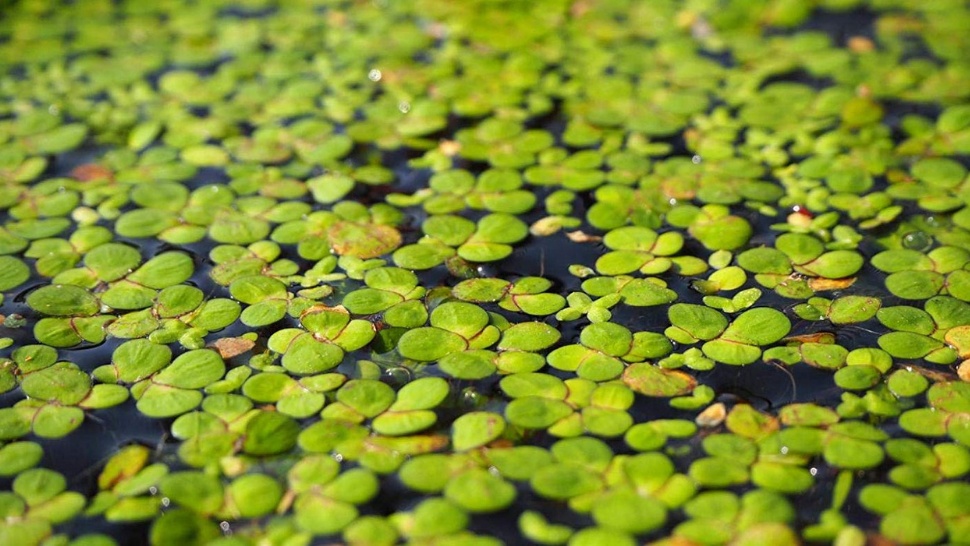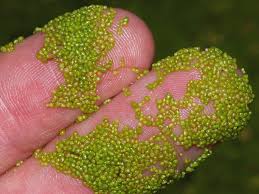Georgia pond owners are grappling with an increasing presence of two invasive aquatic plants—Duckweed (Lemna spp.) and Watermeal (Wolffia spp.)—that are threatening the health of freshwater ecosystems across the state. These tiny, free-floating plants reproduce quickly and can blanket pond surfaces within days, leading to severe consequences such as oxygen depletion, fish kills, and ecosystem imbalance.

According to specialists from the University of Georgia’s Warnell School of Forestry and Natural Resources, misidentification of these species as algae or Mosquitofern often results in ineffective treatment. Proper identification is critical to implementing successful control measures.

The most effective control strategy depends on the scale of the infestation:
Mechanical Removal
For smaller infestations, Duckweed can be removed using seines, nets, or commercially available pond skimmers. These devices collect surface vegetation and pump it into holding tanks, helping to reduce biomass manually.
Biological Control
While some aquatic species, like Grass Carp, are known to feed on Duckweed and Watermeal, their effectiveness is limited. The carp typically prefer other vegetation and cannot consume the plants quickly enough to match their rapid growth. Although Tilapia have been used successfully in other states, Georgia prohibits their use due to their potential to become invasive and disrupt native aquatic systems.
Chemical Control
Chemical herbicides remain the most effective solution, especially for widespread infestations.
- Flumioxazin (Clipper) is a fast-acting contact herbicide suitable for spot treatments. It interferes with chlorophyll production, causing treated plants to decompose rapidly. However, because rapid die-offs can lead to oxygen depletion, large-scale applications should be avoided. This herbicide is most effective when applied in the early morning, as high pH levels (above 8.5) can reduce its effectiveness. A surfactant is required to enhance coverage and absorption.
- Fluridone (Sonar or Alligare) is a slow-acting systemic herbicide ideal for whole-pond treatment. It disrupts pigment production in plants, making them vulnerable to sunlight. Fluridone is particularly effective in ponds with long water retention times but may be flushed out of systems with fast-moving water before taking effect.
Both herbicides are approved for use in water bodies used for swimming, fishing, and livestock watering, with no post-treatment restrictions.
Nutrient Management
Long-term prevention hinges on reducing nutrient inputs, such as runoff from fertilizers, livestock waste, or decaying organic matter. High nutrient levels fuel the explosive growth of Duckweed and Watermeal, making even successful treatments temporary without proper nutrient control.
As aquatic plant infestations become more common due to nutrient enrichment and warming temperatures, pond owners are encouraged to monitor their water bodies regularly and apply appropriate, science-based treatments to protect aquatic life and maintain healthy ecosystems.
For more information, visit the aquatic resources page on the Warnell Outreach webpage or contact your local UGA Extension office. Madison County Extension: 706-795-2281 : uge1191@uga.edu